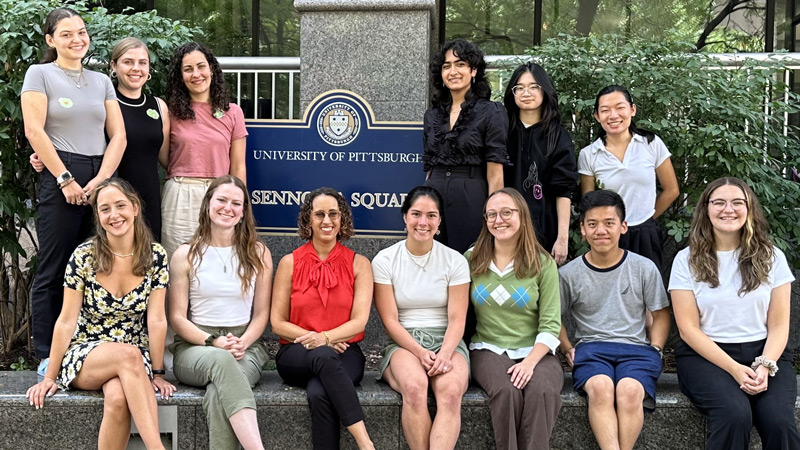
The FEND Lab focuses on the development of affective disorders in adolescents, such as anxiety, depression, and suicidality. We are interested in the intersection of neurobiological risk factors and social experiences, especially experiences with peers and social media as well as parents, and how these influence day-to-day emotional experience measured using ecological momentary assessment.
